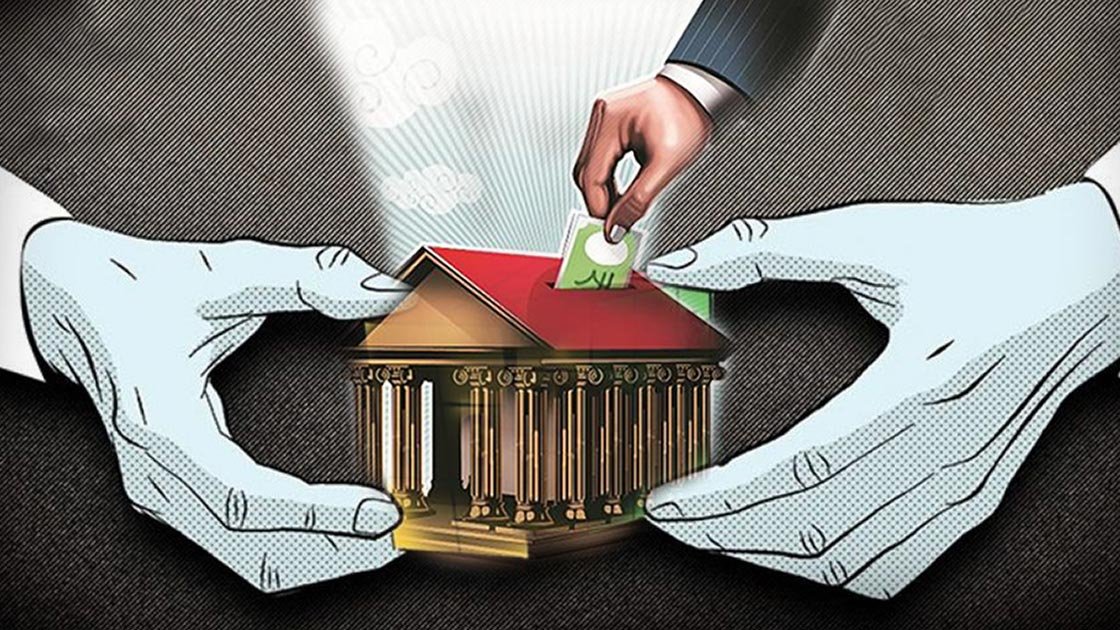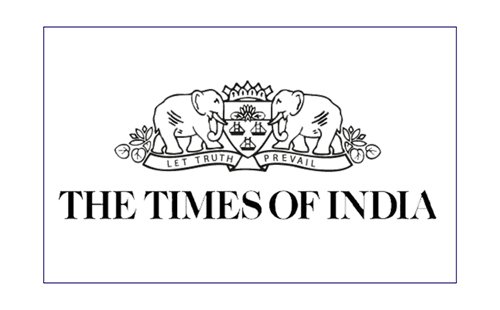
To counter effect of corporate tax cuts on interest rates, privatisation must be revived
Finance minister Nirmala Sitharaman over the weekend clarified that a reduction in corporate tax rates will not be offset by pulling back on planned government expenditure for the year. That makes sense. The consensus is that the current slowdown in the rate of economic growth can be traced to weak aggregate demand. Given this, it will be inappropriate to cut back spending at this point in time. Yet, fiscal roadmaps are there for a reason. One of which was evident on Friday when interest rates hardened on the fear that there will be an incremental surge in government borrowing.
The tax cuts are not just countercyclical in nature. India’s corporate tax rates cannot be out of sync with its peers among emerging markets. In keeping with this structural requirement, tax rates had to be revised downwards. These changes, along with others that must be undertaken to liberalise markets for factors of production, should revive private investment. However, there is generally a lag between announcements and their impact on the ground. Therefore, we need to see effective implementation of another important step to smoothen the process and make sure the tax cuts don’t elevate interest rates.
The projected relative fiscal deficit for the current financial year is 3.3% of GDP. A large deviation will partially undo the potential impact of tax cuts. As government spending will not be cut, an aggressive privatisation programme is imperative. Privatisation will generate non-tax revenue and help government keep fiscal deficit in check. Privatisation should envisage not a piecemeal sale of minority stake but a full transfer of control. To help the privatisation drive, government must lift restrictions on foreign ownership and other onerous conditions. This will complement the current effort in reviving investment.
SOURCE: The Times Of India





